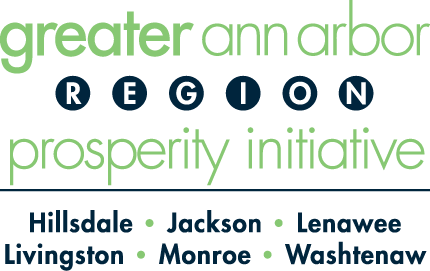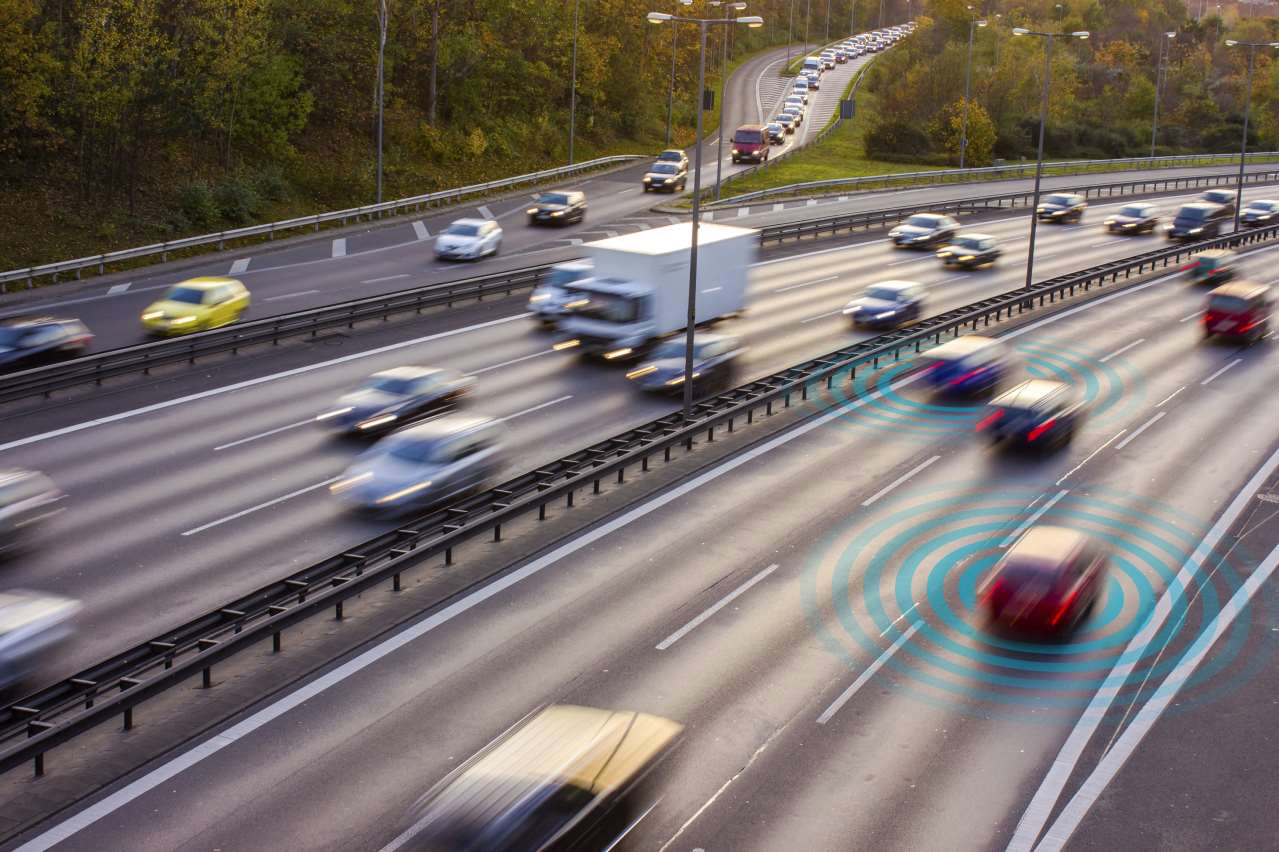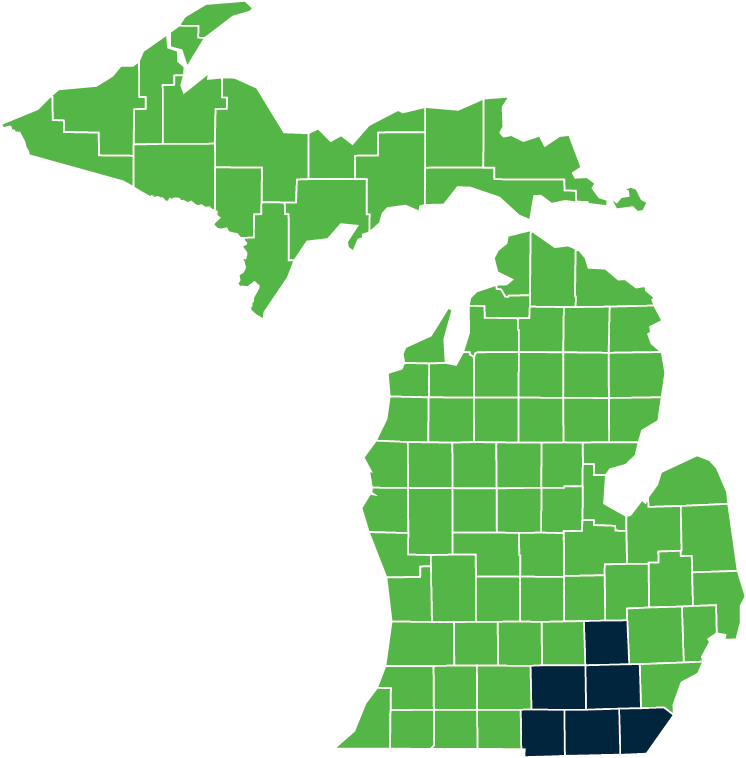Connected and automated vehicle (CAV) technologies have the potential to change transportation on a global scale. These technologies could improve safety, significantly alter transportation costs, and change traffic patterns and congestion. The Greater Ann Arbor Region has significant assets and economic development efforts underway to position the region and the state of Michigan as the center of CAV technology development and policy. Although full deployment of CAVs remains years away, government officials, planners, and economic developers in the Greater Ann Arbor Region are starting to plan for the potential impacts of this transformative technology.
The Greater Ann Arbor Region’s Prosperity Initiative commissioned the help of Public Sector Consultants and the Center for Automotive Research, as well as the guidance of the Michigan Municipal League, to identify policy recommendations and opportunities for their implementation to prepare communities for CAV deployment. Funded through a Regional Prosperity Initiative technical assistance grant, this report was guided by input from Michigan communities, including regional government stakeholders and academic and business leaders, who met to evaluate potential implications associated with connected and automated vehicle technology.
The report, titled Planning for Connected and Automated Vehicles, provides a detailed summary of the potential impacts of CAV technology on regional infrastructure investment decisions, transportation systems, land use patterns, and regulatory aspects for policymaker consideration. The report also provides recommendations on how the Greater Ann Arbor Region can prepare for potential policy and land use implications of CAVs. Given the high degree of uncertainty around the timing, scale, and direction of CAV impact, many of the recommendations are oriented toward monitoring specific aspects of policy, planning, and investment—at least until more information can be gathered.

